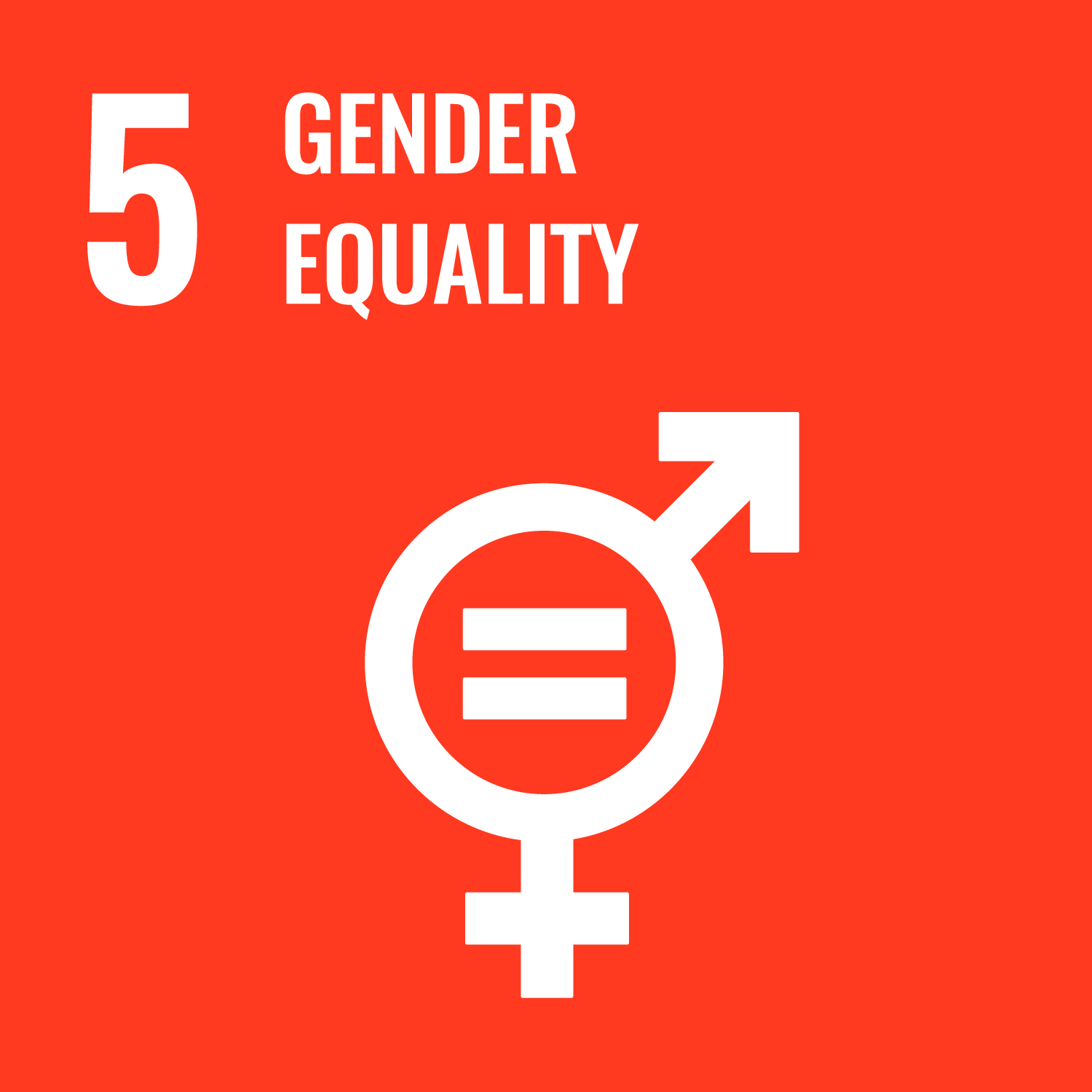Marshburn, C K, Cochran, K J, Flynn, E and Levine, L J
(2020)
Workplace Anger Costs Women Irrespective of Race.
Frontiers in Psychology, 11.
ISSN 1664-1078
![]()
Abstract
The current research investigated the role that a person’s race, gender, and emotional expressions play in workplace evaluations of their competence and status. Previous research demonstrates that women who express anger in the workplace are penalized, whereas men are not, and may even be rewarded. Workplace sanctions against angry women are often attributed to a backlash resulting from the violation of gender stereotypes. However, gender stereotypes may differ by race. The present study addressed this question using a between-subjects experimental design where participants (N = 630) read a vignette describing a new employee, which varied with respect to the employee’s race (White, Black, Asian, and Latino/a/x), gender (male and female), and a prior emotional response (anger and sadness). Participants then evaluated the employee’s competence and status. Findings revealed that men and women were both viewed as more competent when expressing anger relative to sadness, and this pattern did not differ across employee race. However, despite anger being associated with greater competence, women who violated stereotypes (i.e., expressed anger) were accorded lower status than stereotype-inconsistent (sad) men. Furthermore, exploratory analyses revealed that this pattern was consistent regardless of target and participant race. The current study replicates and extends previous research by employing an intersectional perspective and using a large, ethnically diverse sample to explore the interaction between gender and emotional expression on workplace evaluations across races.
More Details
| Item Type: | Article |
|---|---|
| Subject Areas: | Organisational Behaviour |
| Additional Information: |
Copyright © 2020 Marshburn, Cochran, Flynn and Levine. |
| Date Deposited: | 10 Sep 2024 11:34 |
| Date of first compliant deposit: | 10 Sep 2024 |
| Last Modified: | 27 Feb 2025 12:46 |
| URI: | https://lbsresearch.london.edu/id/eprint/3856 |





